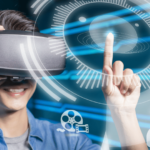In 2021, Artificial Intelligence is expected to be the trendiest, most in-demand field, as most programmers are seeking employment in AI, data analytics, and data science. Simulation of human intelligence on computers is known as artificial intelligence. All three of these processes are examples of collecting information, using it, and approving conclusions. In Artificial Intelligence you can study logic, language, planning, problem-solving, and deep learning. Computer software and complex systems define a career in artificial intelligence.
Check out this list of the top 12 AI books you should read.
12 Best Artificial Intelligence Books
1. Paradigms of Artificial Intelligence Programming: Case Studies in Common Lisp
Author: Peter Norvig
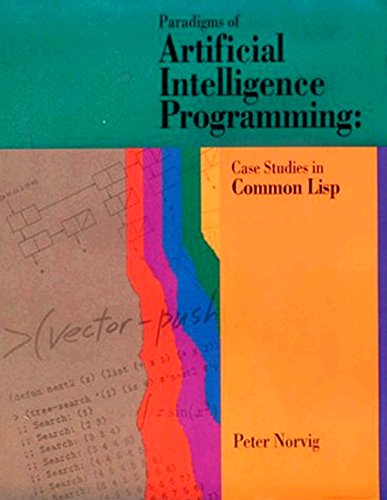
This book explores advanced common lisp concepts in relation to the development of large AI systems. Real, sophisticated AI programs are reconstructed using cutting-edge common lisp, practical applications are developed and debugged, and key AI principles are demonstrated. Every experienced programmer should have a copy for their reference library.
2. Basics of Artificial Intelligence & Machine Learning
Author: Dr. Dheeraj Mehrotra
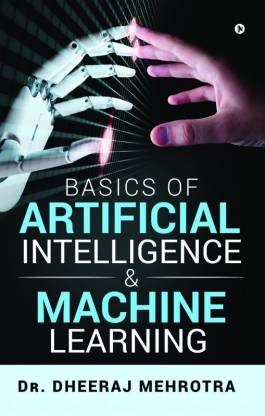
The aim of this book is to provide a deeper understanding of artificial intelligence, in addition to providing technological background.
3. Artificial Intelligence and Machine Learning
Author: Chandra S.S.V

Target audience: Computer Engineering postgraduate students. Ai and machine learning are covered in this book, bridging the gap between them. The author has worked on as many case studies as he can. The field encompasses various types of learning, including reinforcement learning, supervised and unsupervised learning, mathematical modeling, machine learning, and artificial intelligence.
4. Artificial Intelligence Basics: A Non-Technical Introduction
Author: Tom Taulli
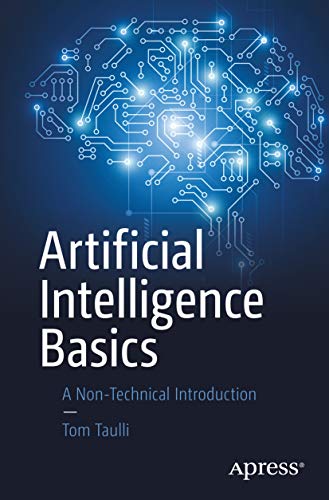
The purpose of this book is to provide you with a basic understanding of artificial intelligence. This book offers a non-technical introduction to key topics such as machine learning, natural language processing, deep learning, robotics, and others. Additionally, he discusses how AI can affect social trends, ethics, governments, business structures, and daily life.
5. Artificial Intelligence: How AI, Machine Learning, Robotics, The Internet of Things, Neural Networks, Deep Learning, and Reinforcement Learning are Transforming Humanity
Author: Neil Wilkins
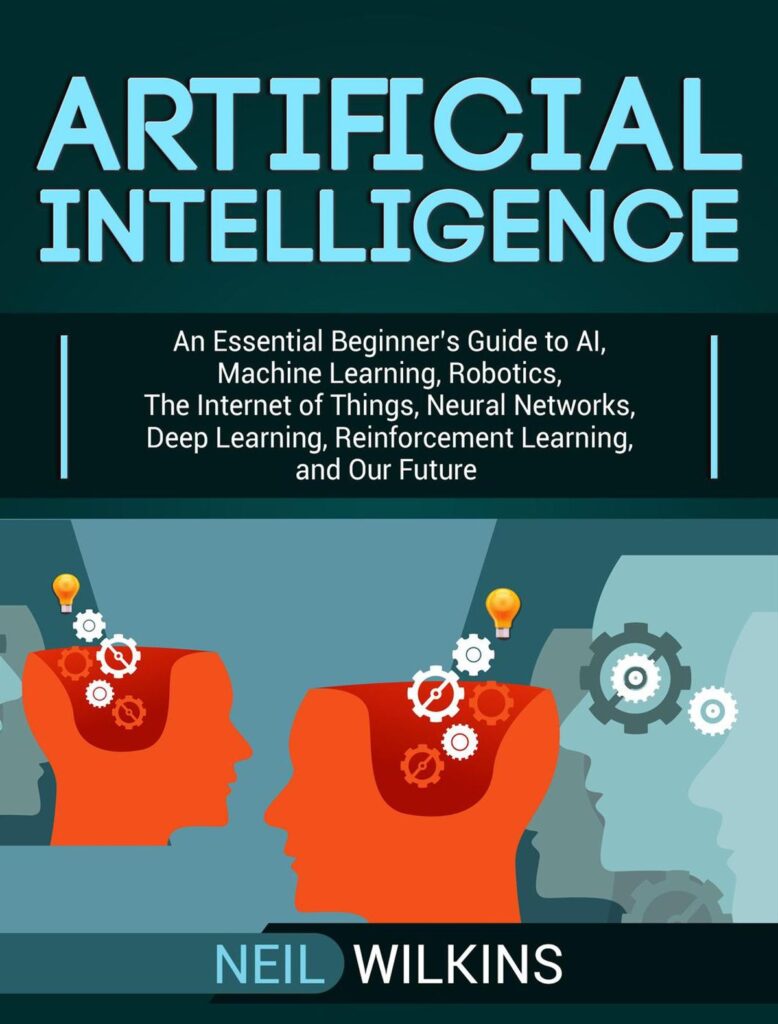
Artificial intelligence in this book is discussed as well as a hypothetical simulation of a living brain within a computer. Subjects discussed in this book include:
- AI and Growth Hacking
- AI and Correcting Fake News
- AI and Big Data
- AI and Employment
- AI and The Legal System
- AI and Self-driving Vehicles
- Confluence of Interests
- AI Myths
- Manipulating the Limbic System
- Motivation for Creating AI
- Basic Concepts
- IoT Ecosystem
- Fighting Against Tech Giants
- Seminal Inventions
- Fear-based Consumerism
- AI as One World Religion
- Dietary Advice by AI
- AI and Loneliness
- AI and Ethics
- AI and Social Credit
- Hacking AI
- AI as Sports Referees
6. A First Course in Artificial Intelligence
Author: Deepak Khemani
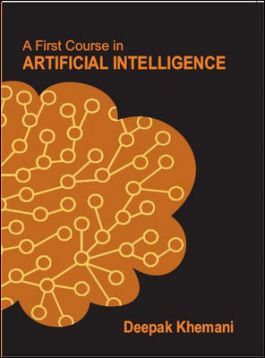
This book addresses the intelligence component of the equation as a bottom-up approach to problem-solving. Among its key characteristics are courses in artificial intelligence, knowledge-based methods using agents all over, as well as comprehensive, well-structured methods with proofs.
7. Applied Artificial Intelligence: A Handbook for Business Leaders
Author: Mariya Yao, Adelyn Zhou, Marlene Jia

Business executives who hope to boost their businesses’ productivity by using machine intelligence are invited to consult Applied Artificial Intelligence as a hands-on guide. Making business decisions with artificial intelligence and machine language is the focus of this book. For company executives aiming to use machine learning technology to its fullest, this guide is a valuable practical guide.
8. Artificial Intelligence: A Modern Approach (3rd Edition)
Author: Stuart Russell and Peter Norvig
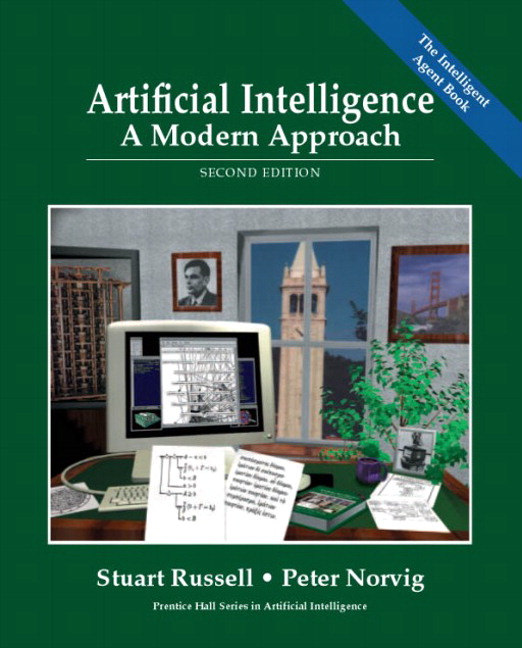
Since the book’s last revision in 2003, this version has been updated to reflect advancements in artificial intelligence. A survey of the latest developments in AI is presented in this book, including practical voice recognition, machine translation, autonomous cars, and home robots. Additionally, advanced concepts like probabilistic reasoning, deep learning, and computer vision are discussed.
9. Artificial Intelligence Engines: A Tutorial Introduction to the Mathematics of Deep Learning
Author: James V Stone

In this book, the most important neural network learning techniques are presented thoroughly as well as their mathematical evaluations. Students gain hands-on experience using neural networks using online computer programs created from open standard sources. In terms of algorithmic machinery, it’s a superb primer.
10. Artificial Intelligence by Example
Author: Denis Rothman
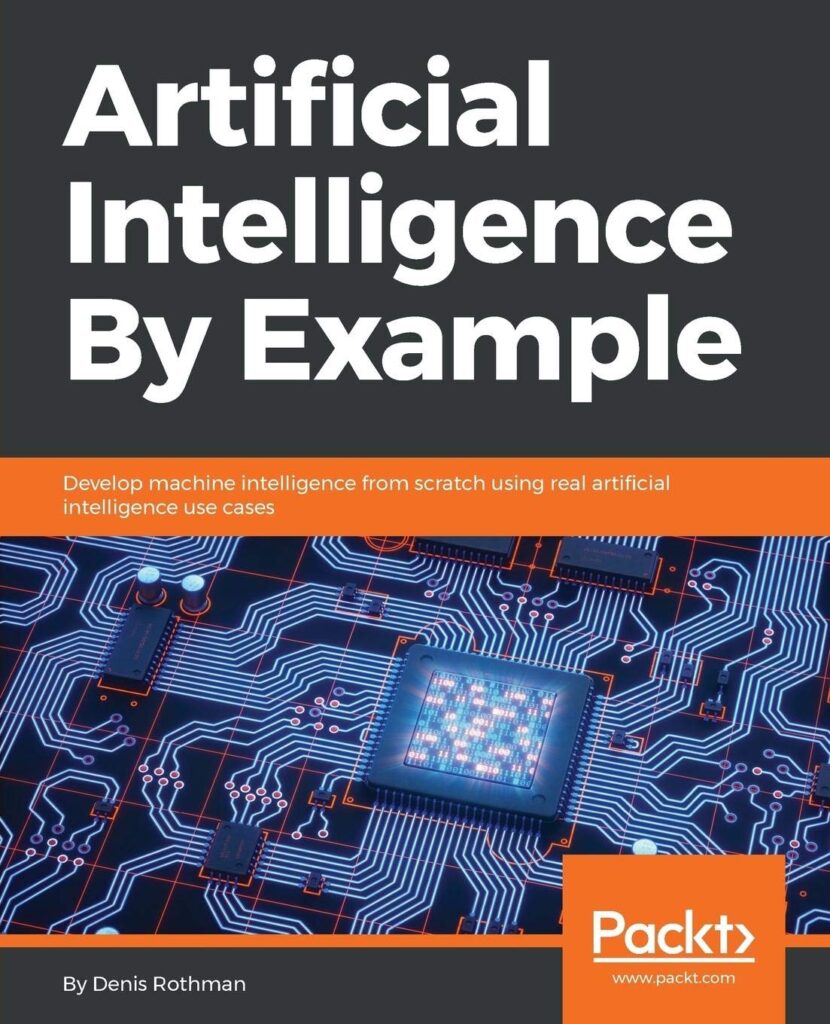
A foundation in Artificial Intelligence is offered by this book through examples taken from real-life situations. The newest machine learning techniques, IoT and blockchain integration, and neural networks for building emotional quotient in chatbots will all be covered in your class. This book will equip you with a firm understanding of AI and a number of case studies that will help you develop a corporate vision. Adaptive thinking skills will be sharpened in this book in order to deal with real-world AI challenges. It is necessary to have prior knowledge of Python and statistical concepts in order to benefit from this book.
11. Artificial Intelligence in Healthcare
Author: Mahajan MD, Parag Suresh
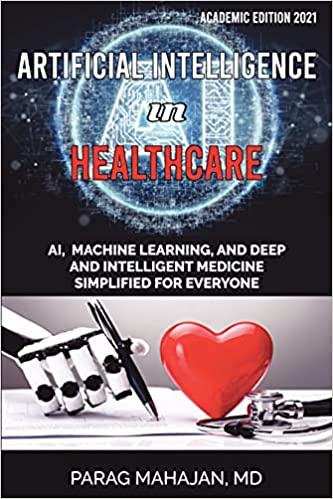
Throughout this book, you’ll learn about the importance of AI technology in healthcare, how it’s transforming the industry, and about current and future AI applications in healthcare, including those currently in development. Moreover, it explores AI’s role in all major medical specialties as well as how start-ups and corporations enter the AI healthcare market.
12. Life 3.0 Being Human in the Age of Artificial Intelligence
Author: Max Tegmark
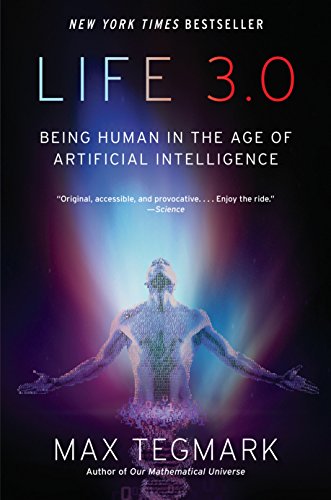
Readers will be able to delve into the newest process of artificial intelligence in order to discover the future of human existence. He discusses how to profit from automation without displacing people, how to ensure future AI systems perform as planned without being hacked, and how to avoid being outsmarted by deadly autonomous robots.
A career in artificial intelligence will get easier after reading these books.
Those pursuing a career in artificial intelligence may work in a wide range of settings, such as commercial firms, government agencies and education institutions. Artificial intelligence continues to advance daily. Therefore, if you’re able to translate that digital data into meaningful human judgments, you can earn a living doing this. A variety of online certifications and courses are available in this area. Despite your intentions, the road ahead will undoubtedly be rich in opportunities if your intentions are good.

